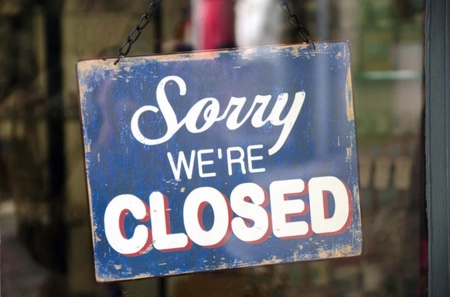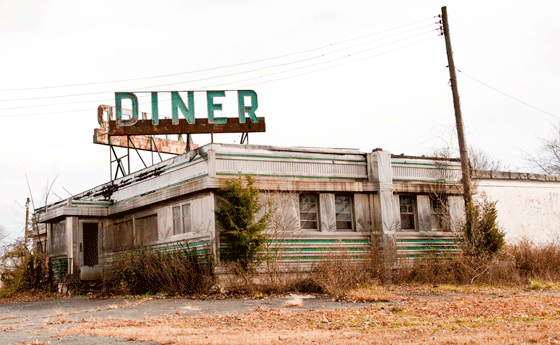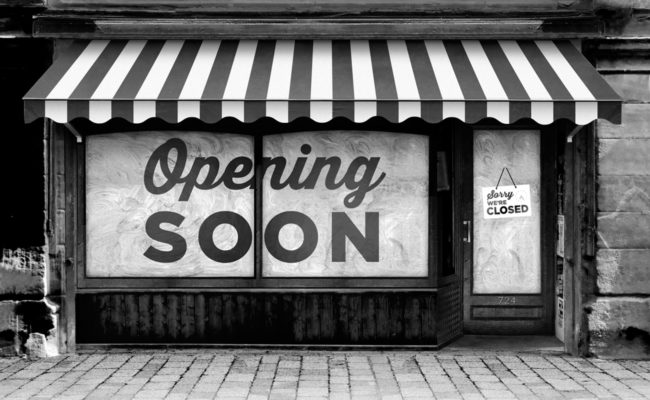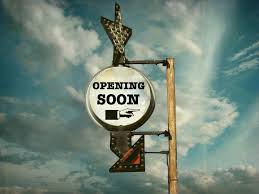During past economic downturns and other maleficent acts of God, the restaurant industry has been uniquely resilient. While investment banks and tech startups self-immolated, most restaurants somehow managed to stay open. Amidst the corporate bloodletting of these Black Swan events, I’ve always felt secure in my choice to work as a restaurant professional. Even when the economy stalls, people always need somewhere to eat and drink.
The peace of mind I’d had from years of stable restaurant work was turned upside down this weekend when my restaurant laid off almost its entire staff, including many tenured employees. By the middle of this week, the carnage in the hospitality sector had spread globally. The growing pandemic crisis exposed underlying issues within the restaurant industry that run much deeper than the existential threats this virus creates on the surface.
Restaurants primarily function as community spaces, something we forget all too easily while we’re lining up for Cronuts or debating the merits of Salt Bae’s new burger joint. The public depends on restaurants to be reliable gathering places. Once public health has been compromised, communal spaces are no longer safe havens. In the case of restaurants, as we now know, that means they’re also no longer viable businesses.
The truth is that the restaurant industry’s immune system has been weakening for years now which explains its susceptibility to becoming insolvent from one public health emergency. As diners, we’ve become so distracted by the social media ramifications of our restaurant visits that we’ve barely noticed the mass exodus of talented chefs from America’s major food cities in recent years. We pinch their cheeks and admire how “cute” they are when they turn their backs on cities like New York or Chicago to open a fusion taqueria or some nose-to-tail restaurant in somewhere more charming and gentrified like Portland or Charleston.

But these chefs aren’t only defecting in search of fresher air and greener pastures. The economics of creating profitable restaurants has become increasingly untenable in certain zip codes. Back in 2016, Union Square Hospitality Group’s chief development officer Richard Coraine had predicted then that New York City had already “forfeited its culinary supremacy” because of escalating costs. Even the fortunate restaurateurs who strike it rich in the most populated cities aren’t generating enough profit to pay their kitchen staff properly, make their investors whole and reinvest capital in their businesses. Most of them barely have enough appetizer forks.
Our favorite restaurants have been disappearing from under our eyes, even institutions with the most loyal clientele. These restaurants closed because there’s so much more that goes into sustaining a profitable restaurant than hungry people. Relationships with landlords sour, food costs fluctuate, labor laws change and culinary trends vacillate pressuring restaurant owners to squeeze every drop wherever they can. There is no rainy day fund. The well has been running dry for a while, but the public hasn’t noticed because it’s been punch drunk on all the buybacks the service economy has been recklessly doling out at the expense of its own health.
There are other mitigating factors. As the digital economy has proliferated, many restaurants have had to sell their souls to delivery services like Caviar and GrubHub, sacrificing a healthy cut of their margins to expand their reach. That partnership now plagues restaurant balance sheets. It’s become like doing business with the mafia. The restaurant does all the work while the delivery apps siphon away most of the profits. If they refuse to do business with the mob, they’ll lose revenue to their competitors. All we care about as consumers is the instant gratification of the end result. The doorbell rings and presto! We didn’t even have to pause The Bachelor.
This crisis should teach us that, as guests, we take for granted all the blood, sweat and tears that go into profitably selling food in a rented space. To help restaurants recover, the industry will need us to be more empathetic. If this empathy already existed, you wouldn’t see so many entitled “foodies” writing online reviews where they sound like spoiled little children who went to sleep without any dessert.
On a psychological level, what has kept the industry in such poor health is the attitude so many people have that restaurants exist only for them. We comp the steak you didn’t like, even though it was properly cooked. We cancel your order, even though it caused us to lose product. We send you an extra dessert because you didn’t like your table and threw a fit about it. When the dust finally settles from this nightmare, one positive outcome may be that depriving people access to so many restaurants they love might result in a deeper appreciation for the vital role that they play in serving in our communities.



